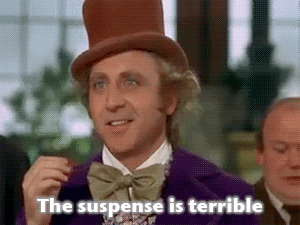ERD50
Give me a museum and I'll fill it. (Picasso) Give me a forum ...
.... So selling out at 1980 with a plan to get back in at 2020 makes no sense to me. I could understand getting out now, since the PE10 is sort of high, but then the buy back would have to wait until the PE10 went way down, not up more!
Yes, this is exactly what I don't understand about the OP's plan. What's magical about a 2% difference in market levels to trigger anything, either way (esp the sell-low-buy-high part of it)?
-ERD50

